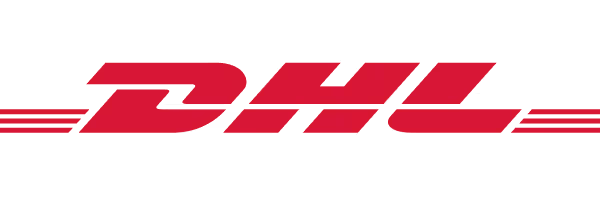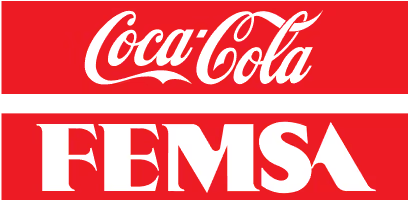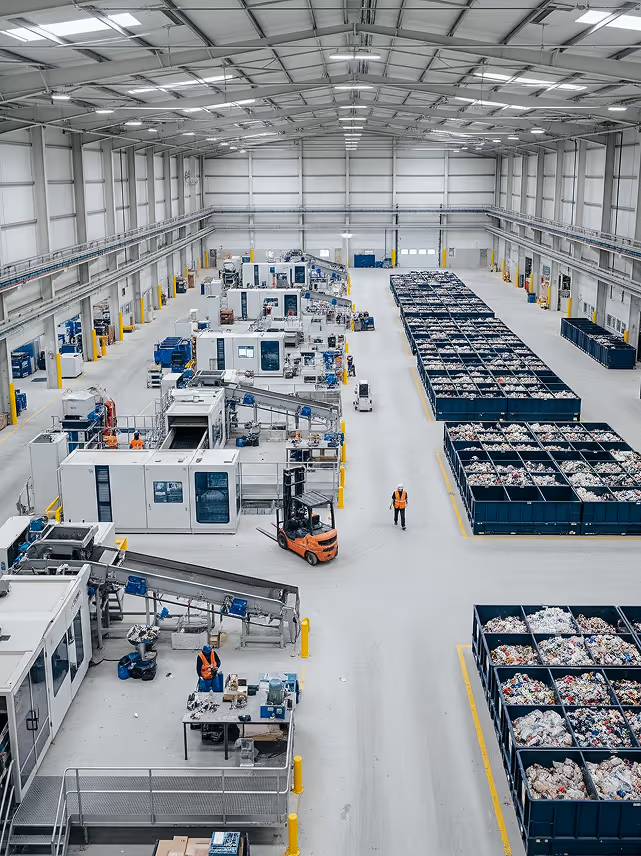24/7 Vehicle Near-Miss Detection
Gain complete visibility into unsafe behaviors involving vehicles within your facilities, including forklifts, EPTs, vans, and other workplace vehicles.












Proactively Address Vehicle Related Safety Risks
Speed Limit Detection
Enforcing speed limits can pose a challenge in the absence of a dedicated health and safety manager present at all times. However, with Protex, you can achieve comprehensive visibility into these risks and effectively formulate corrective action plans.
Vehicle Driving in Wrong Direction
Driving against traffic flow can cause high-risk head-on collisions, endangering lives, and posing a significant threat to safety. However, with Protex, you can achieve full visibility into these unsafe behaviours and effectively formulate corrective action plans.
Vehicle/Worker Near Miss
Define precise safety zones for both people and vehicles, and receive instant real-time alerts when predefined safety limits are breached. With this robust ally at your service, you can proactively safeguard both vehicle operators and pedestrians, guaranteeing collision prevention and fostering a safer environment with confidence.
Vehicle Operation Zones
Consistency in how vehicles behave is about more than just driver safety – Protex gives you complete visibility on vehicle operation zone deviations, acting as a protective shield to prevent incidents and keep everyone safe.
Vehicle Restricted Area
At Protex, we go beyond simply detecting vehicles; our system can also identify vehicles in restricted zones where they could pose risks such as potential collisions, unauthorized access, and other dangers.
Case Studies
Companies worldwide trust Protex AI to enhance workplace safety and empower their workforce. Learn how our AI-driven solutions proactively protect employees and improve operational efficiency.
Reduction in safety events
Major UK Packaging Manufacturer Unlocks £750K in Funding and Cuts Safety Events by 62% with Protex AI

Reduction In Overall Incidents
Marks and Spencer Reduced Overall Incidents by 80% in their First 10 Weeks of Deployment

Reduction In Area Control Risks
Protex AI Helped A Leading Global Food Distributor Reduce Area Control Risks By 76%.

Increase Into Near Miss Visibility
Protex AI Helped A Leading European Logistics And Shipping Firm Increase Risk Visbility By 415%.

Reduction In All Safety Events
Protex AI Helped Reduce All Safety Incidents By 62% In A Global Manufacturing Organisation.

Our Risk Solutions
Explore the range of risk types our solution can provide enhanced visibility into.
Watch Our 2-Minute Demo Video
Looking to learn more about revolutionizing how you and your team make proactive safety decisions that help contribute to a safer work environment?
Infrastructure Designed For Enterprise Success
Explore how to optimize enterprise safety operations with seamless integrations, secure data processing, and actionable insights.
Learn More With Protex
Check out our latest webinars, whitepapers, and blogs from thought leaders to help you solve your proactive safety challenges.
The future of workplace safety, key Insights from the "Must Have Safety AI Tools for 2025 Webinar"
From chaos to clarity: Mastering unstructured data in health and safety management
AI Safety in 2024: Planning For Journey To Success
Ask The Expert
Here are some common questions our product experts have been asked by EHS professionals around the topic of Al safety. If you have any question in particular that you need answered please don't hesitate to contact us.
Vehicle control refers to the management and regulation of vehicle movements within a specific area, such as a worksite, warehouse, or institutional campus. This is implemented to enhance safety by minimising the risk of accidents and ensuring smooth operational flow. Protex.ai facilitates robust vehicle control through its high-tech monitoring and management systems. Here’s how vehicle control positively impacts safety:
Traffic Management: By monitoring and controlling the direction and speed of vehicles, the system helps prevent collisions and reduce traffic-related incidents. It ensures vehicles follow predefined routes and adhere to site-specific speed limits.
Access Control: The system can restrict vehicle access to sensitive or hazardous areas, ensuring that only authorised vehicles can enter predetermined zones. This is crucial in industrial settings where certain areas pose unique risks.
Real-Time Monitoring: With constant monitoring, any unauthorised or suspicious vehicle activities are quickly detected and addressed, enhancing the overall security of the site.
Automated Alerts: The system can automatically alert operators or security personnel about any breaches of vehicle control measures, allowing for quick responses to potential safety issues.
Overall, vehicle control is a critical component of site safety, reducing the potential for vehicular accidents and enhancing operational efficiency. The use of advanced monitoring technologies in Protex.ai ensures that vehicle control is both effective and adaptable to the needs of various environments.
Protex.ai’s vehicle control system is designed to seamlessly integrate with existing infrastructure, minimising disruption and leveraging current technologies to enhance overall efficiency and effectiveness. Here’s how it typically works:
Compatibility with Existing Hardware: The system can often be integrated with existing cameras and systems. This allows the use of current surveillance to gather data and enforce vehicle restrictions without the need for extensive new installations.
Software Integration: The vehicle control software is designed to connect with management systems already in use at the facility, such as security cameras and operational databases. This integration enables centralised control and simplified management, making it easier for operators to monitor and respond to vehicle-related data from a single platform.
Scalability: The system is scalable, meaning it can be tailored to the size and specific needs of any site, from small private areas to large industrial complexes. This adaptability ensures that it can grow and evolve alongside the infrastructure and requirements of the site.
Advanced Analytics and Reporting: By integrating with existing data systems, the vehicle control solution can pull in rich datasets to provide deeper insights and more comprehensive reporting. This integration helps in making more informed decisions based on trends and patterns identified through data analysis.
Minimal Operational Disruption: The installation and implementation of the vehicle control system are designed to ensure minimal disruption to daily operations. The integration process is carried out in phases, if necessary, to accommodate the ongoing activities and operational schedules of the site.
Customisable Features: Features such as geofencing, speed monitoring, and access control can be customised to comply with and enhance existing safety and security protocols, ensuring that the system meets the specific needs of the facility.
Overall, Protex.ai’s vehicle control system provides a flexible and comprehensive solution that enhances site safety and operational efficiency by smartly integrating with and augmenting the existing infrastructure.
When a vehicle breaches a safety zone or exceeds a designated speed limit, Protex.ai’s vehicle control system features take immediate action to mitigate risks and enforce safety protocols. Here’s what typically happens:
Alert Generation: The system instantly detects the breach and generates alerts. These alerts are sent in real-time to relevant personnel, such as security staff or site managers, via notifications on their devices or through the central monitoring dashboard.
Record Logging: The incident is logged automatically into the system’s database, including details such as the time of the breach, the vehicle’s identity, and the specific nature of the infraction. This data is crucial for subsequent analysis and for improving future safety measures.
Follow-Up Actions: Based on the severity and nature of the breach, further actions can be taken, such as notifying law enforcement, deploying emergency response teams, or issuing penalties or warnings to drivers, as dictated by organisational protocols.
These measures collectively ensure a robust response to safety zone breaches or speed limit violations, helping maintain safety standards and prevent accidents on-site.
+gif.gif)

+gif.gif)
+gif.gif)
+gif.gif)
+gif.gif)













